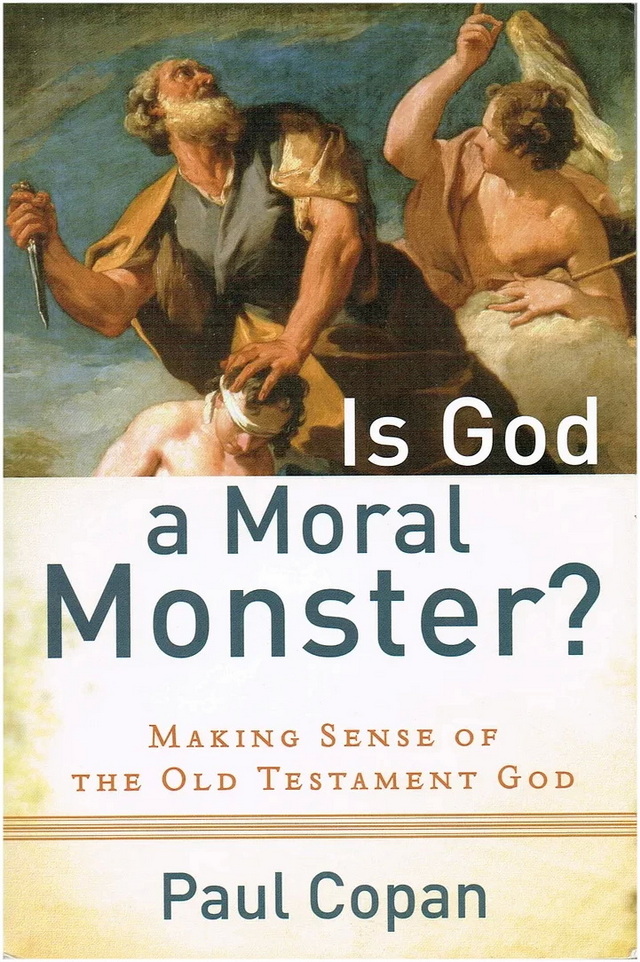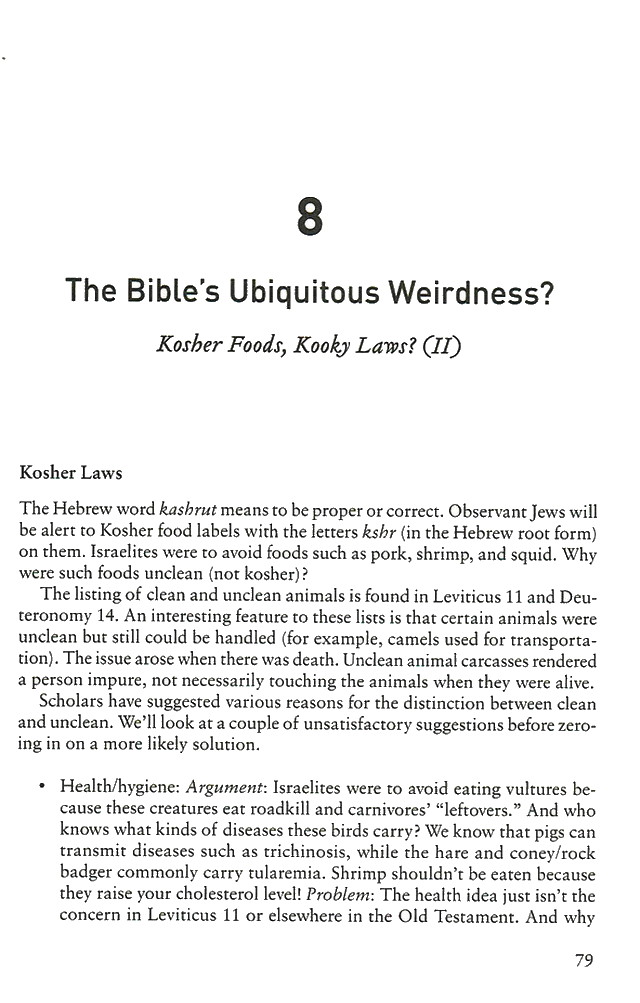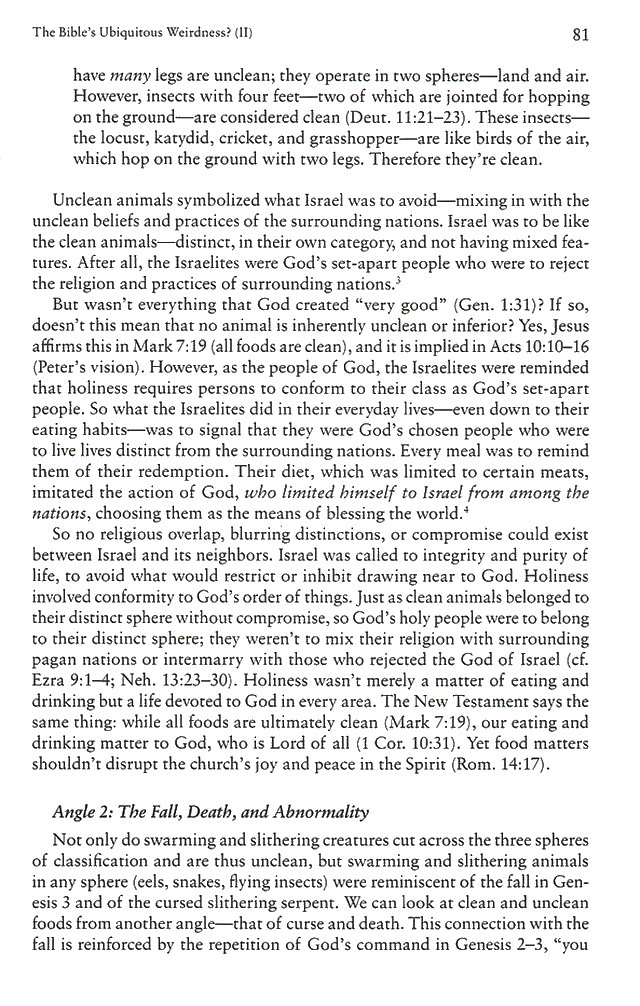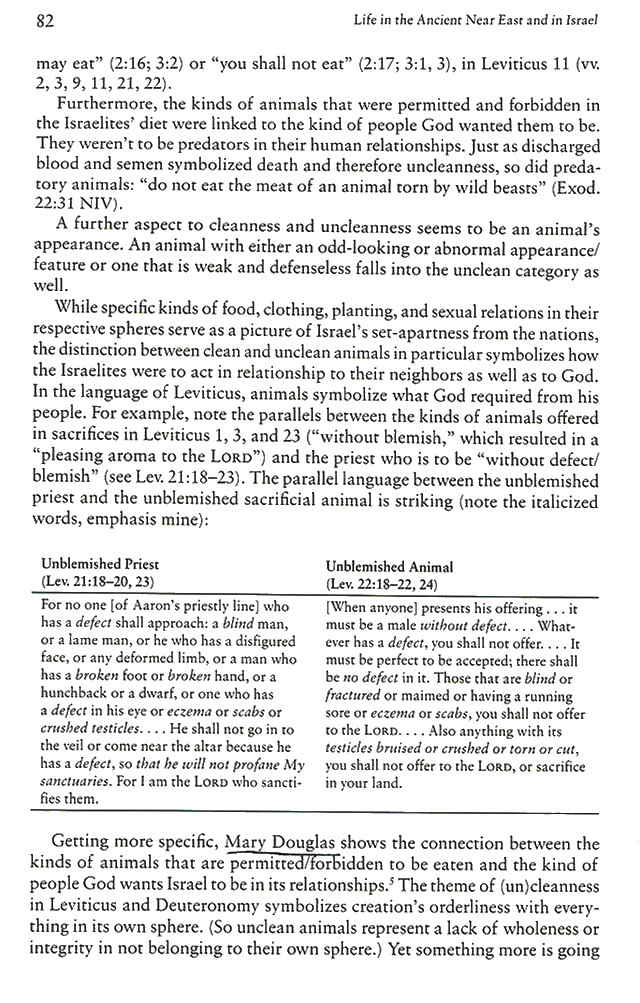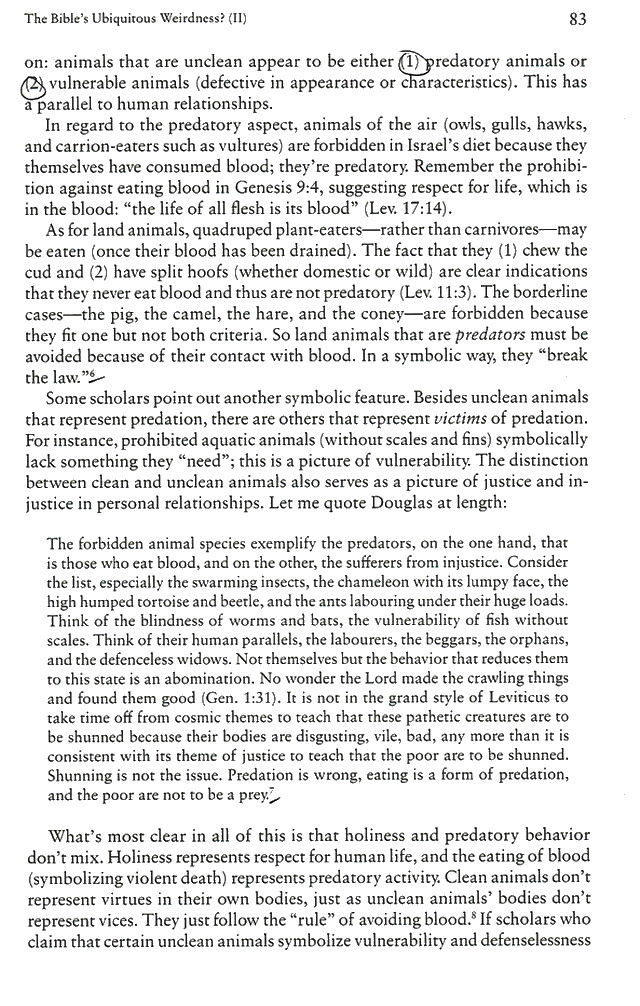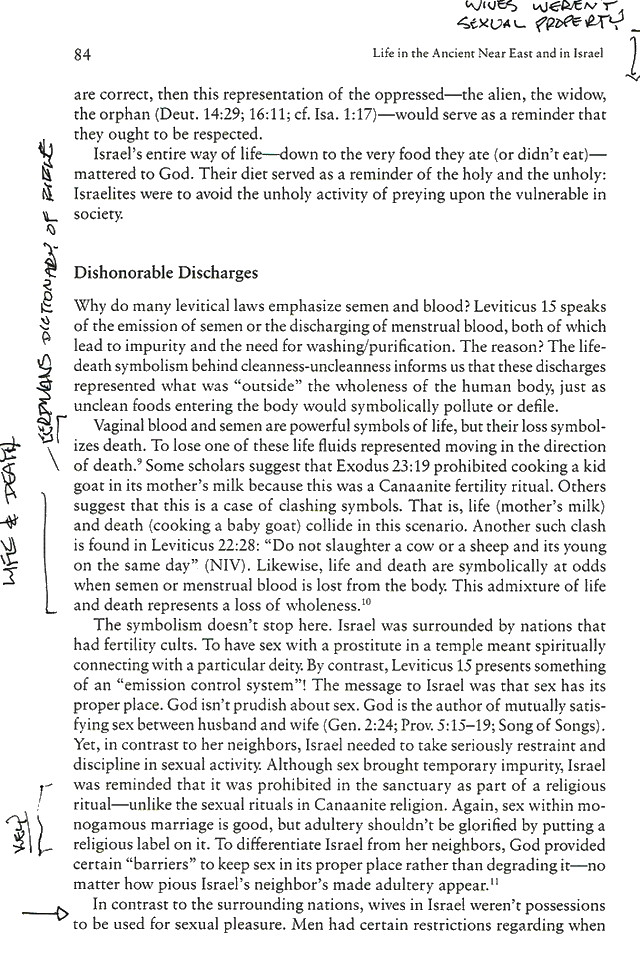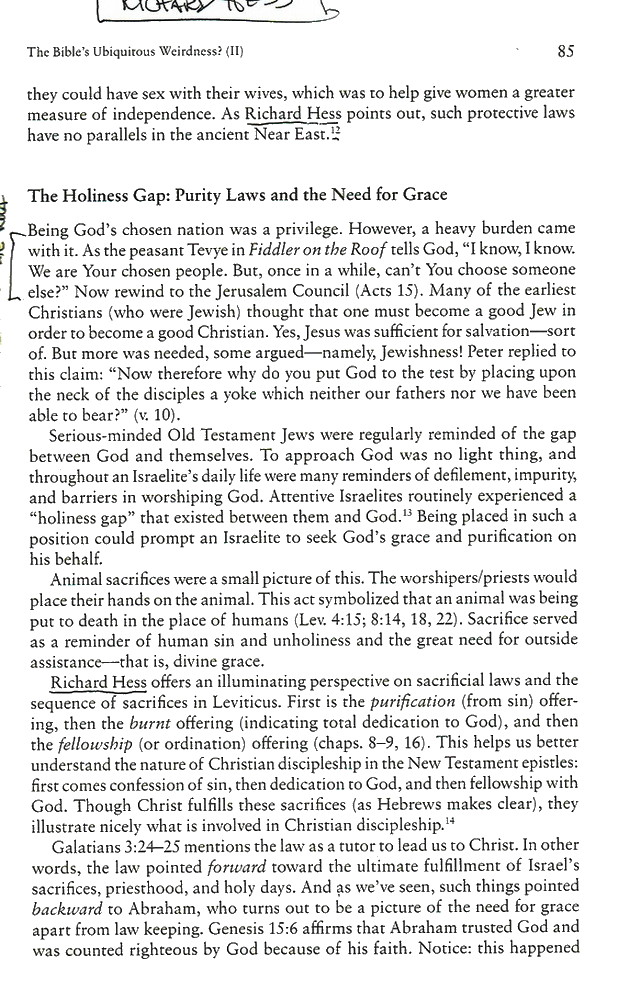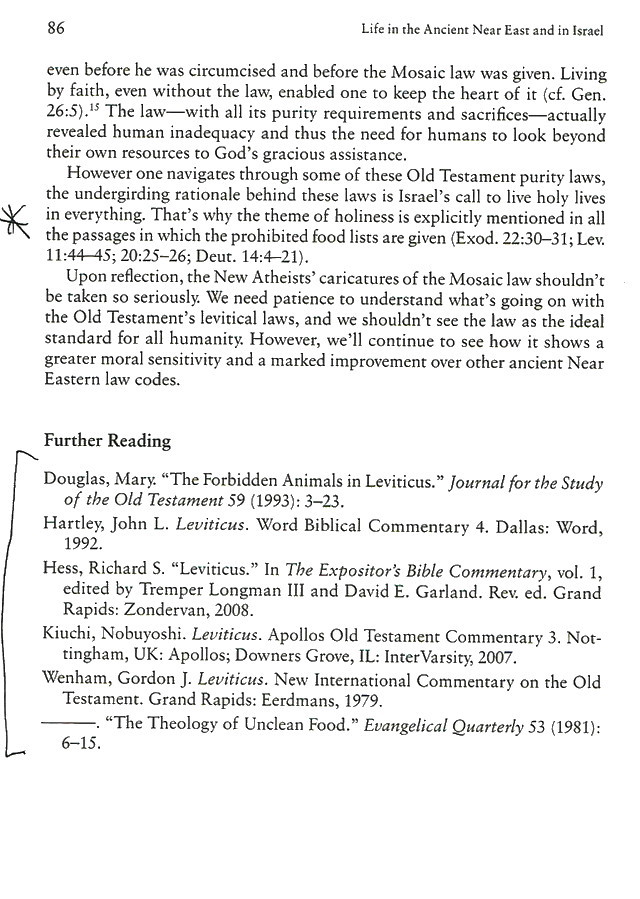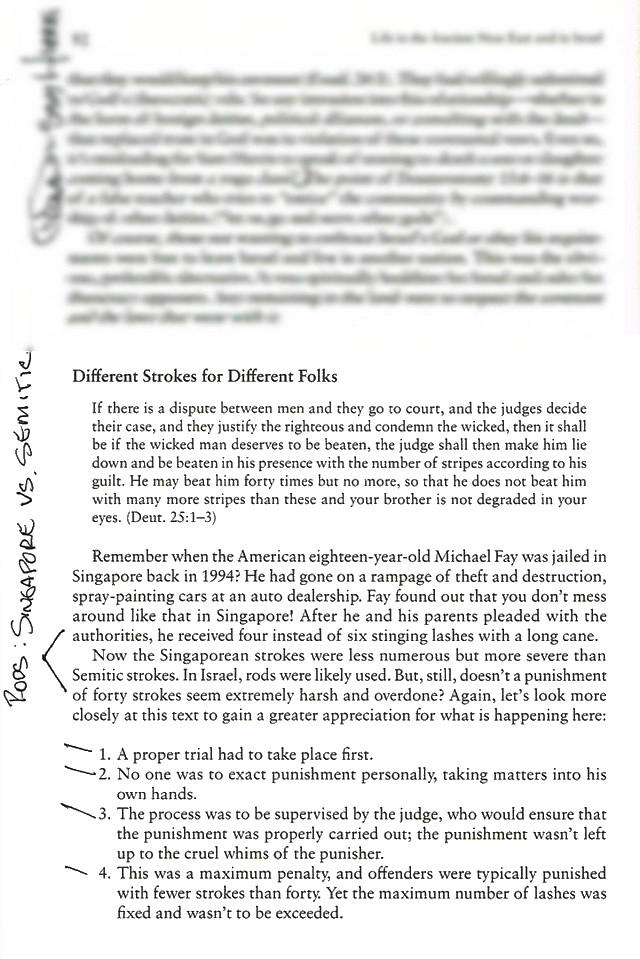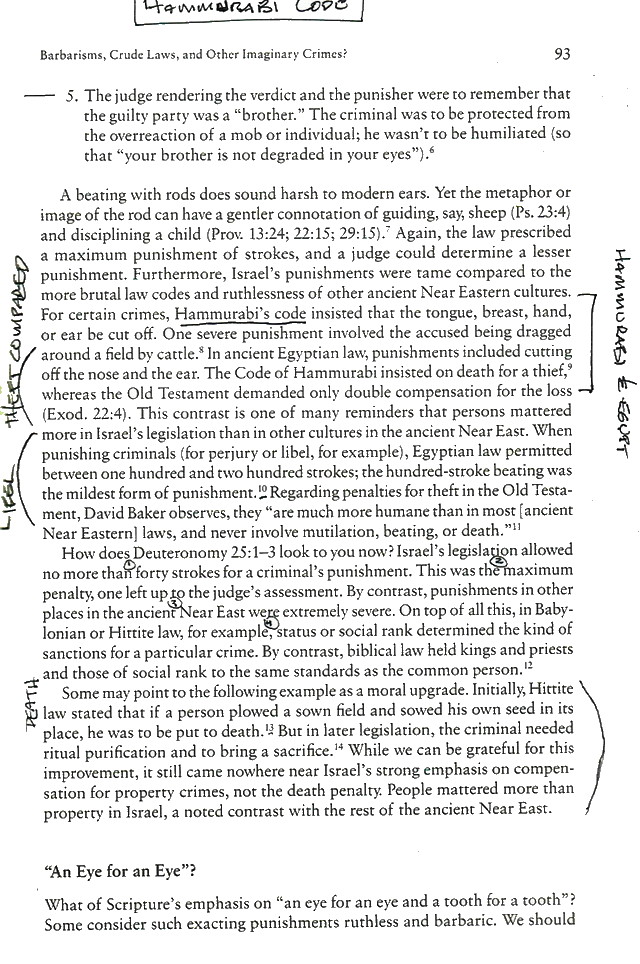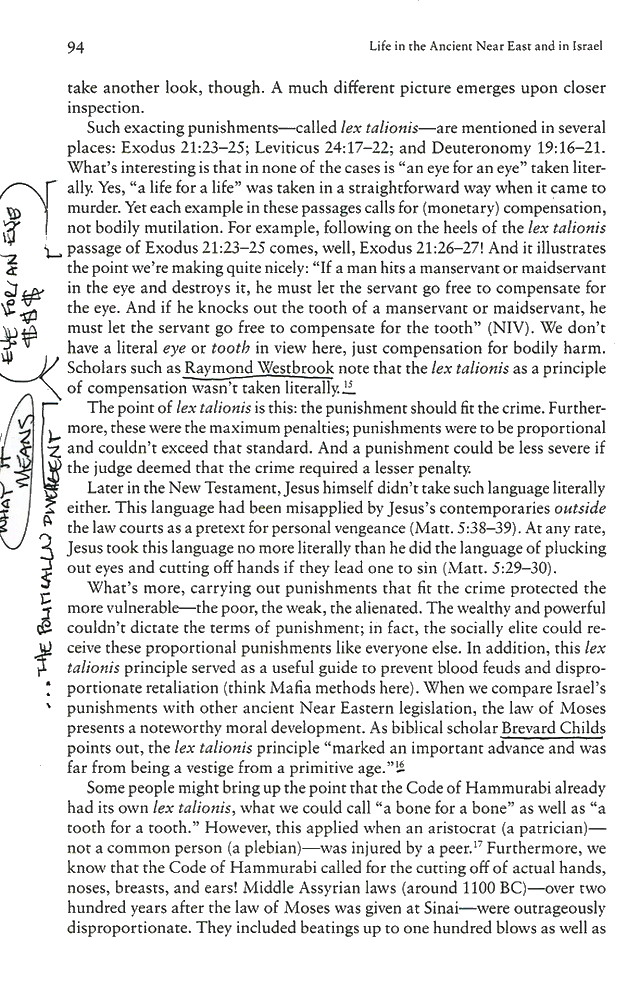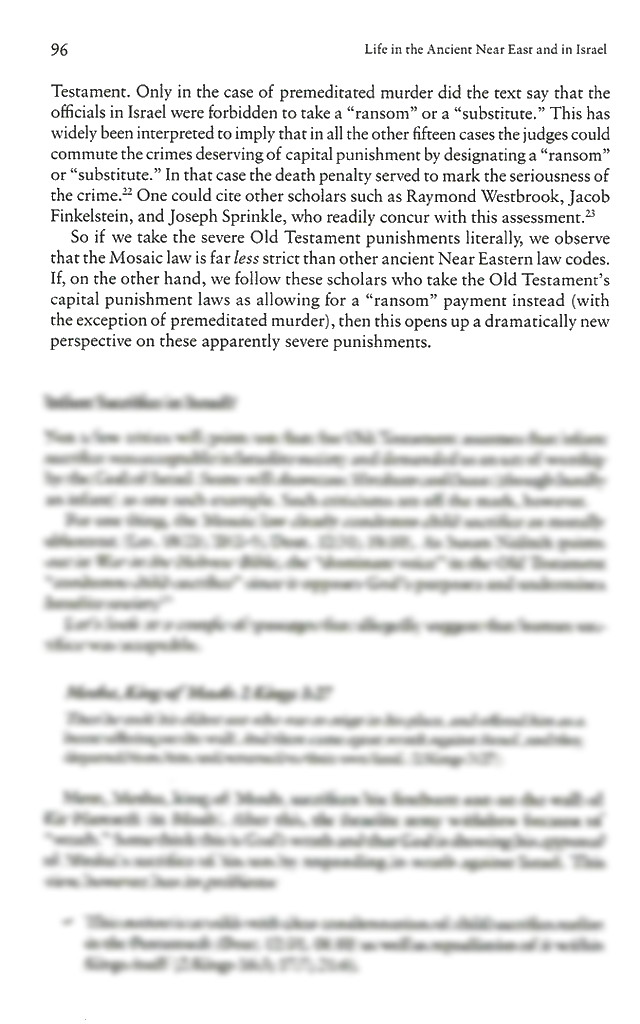(Originally posted December 2013 – Media Fixed)
How Polygamy Hurts Society
by Making Girls/Women Chattel,
and Stopping Boys from Turning
into Healthy, Productive Men
Where Does Liberty Spring From?
…“Monogamy seems to direct male motivations in ways that create lower crime rates, greater wealth (GDP) per capita and better outcomes for children,” Henrich concludes. But what’s more surprising than his conclusions is his speculation that monogamy is at the root of democracy and equality.”…. ~ Canadian scholar Joseph Henrich
In talking to a few people, I have noticed that they simply assume that polygamy is a valid lifestyle… that no harm, when compared to the ideal of one-man-and-one-woman in a marriage raising children. They do not know any history and why empires and countries have devolved in the past, nor do they follow logical arguments to their conclusions. (Here is the TinyURL for this post: http://tinyurl.com/k3o247o)
For instance, I had a conversation with a man I know (he is a man, but speaks on topics of importance as a boy) who simply stated, “I see no problem with it [being legalized], it doesn’t harm me personally.” He then asked what would “harm him.
A liberal society might, then, find it prudent to ignore homosexuality. It might well deem it unwise to peer into private bedrooms. However, this is not the issue before us. Today the demand is that homosexuality be endorsed and promoted with the full power of the law. This would require us to abandon the standard of nature, the one standard that can teach us the difference between freedom and slavery, between right and wrong…. (Read More)…. In Reynolds v. United States (1878) the Court rejected the Mormons’ free exercise argument on the grounds that even though “Congress was deprived of all legislative power over mere opinion,… [it] was left free to reach actions [such as polygamy] which were in violation of social duties or subversive to the public good.” What the Court meant by this is that certain institutions and ways of life, such as marriage and the family, are essential to the preservation of civil society. (Read More)
I made multiple points throughout the conversation that many things he does “harms him” that he would not think do. For instance, he knows people personally affected by legislating laws via a vote towards a specific party. He knows two people, personally, that he works with that because of Obamacare lost their policies. One can afford to pay substantially more for his new coverage (thus, having less capital to invest in the company), and the other cannot afford a new policy. The point being that any change in legislation (small or large) has direct consequences to many.
Let us say that single-motherhood brought on by the father walking out on his responsibility and is rewarded for this action by being subsidized for his choice (see Thomas Sowell’s classic 1980 debate about the dynamics of welfare with Pennsylvania Secretary of Welfare, Helen O’Banion). Now, we KNOW the many consequences of fatherless homes (crime, delinquency, drug use, not finishing education, etc), even Obama admits this… higher tax rates and land taxes are incurred to pay for the jails, these persons also creating at a higher rate fatherless homes, and the like. Our co-worker in the shop had his biological father killed at an ATM… any bets on the murderers family structure? The statistics are on my side. So the question becomes this: “which of the two should government support in order to have a society that is best for the safety, well being, productivity, of its citizens?”
Another legislative act talked about in the shop after this conversation about polygamy took place, are politicians listening to environmental activists and legislating the regular light-bulb illegal. In January it will be officially against the law to sell most forms of the standard — incandescent — light-bulb (BREITBART). The idea is that if we use higher efficiency bulbs we will “save the planet” from those evil* fossil fuel emissions. (*I picture blood dripping from the word as well as evil laughter off in the distance somewhere.)
The problem? In every bulb that researchers tested they found that the protective coating around the light creating ‘phosphor’ was cracked, allowing dangerous ultraviolet rays to escape (RPT). You got it… through legislation, the power of government has made many people, in their own homes mind you, at a far greater risk for skin-cancer. A risk that this Irish-man knows all too well. What sounded good and altruistic, “saving the planet,” ironically has deadly consequences.
The question[s] coming from this event that made my home more dangerous is this: “Is a government big enough to tell me, the consumer, what light-bulb I can-and-cannot buy… is this good for liberty, or bad for liberty?”; “Is this a threat to or a bolstering of this experiment in freedom and self-governance the Founders started?”
“Of all tyrannies, a tyranny exercised for the good of its victims may be the most oppressive. It may be better to live under robber barons than under omnipotent moral busybodies. The robber baron’s cruelty may sometimes sleep, his cupidity may at some point be satiated; but those who torment us for our own good will torment us without end for they do so with the approval of their own conscience.” — CS Lewis
“The nine most terrifying words in the English language are, ‘I’m from the government and I’m here to help’.” — Ronald Reagan
I pointed out as well that society, while not outlawing same-sex relationships (see quote to the right), should not raise these relationships to the status of the ideal, that is, heterosexual, monogamous, marriages. Whether you believe in evolution or creation… the best environment for children to be raised is the hetero one[all things being equal]. This doesn’t mean there are not great single or gay parents… but there is an ideal that we know works… and was honed throughout mankind’s time on earth (naturally or Divinely inspired). We know. for instance, that polygamy increases “crime, prostitution and anti-social behavior. Greater inequality between men and women. Less parental investment in children. And, a general driving down of the age of marriage for all women” (Canadian study used in court, quoted more further below).
So the question becomes this: “which of the two should government support in order to have a society that is best for the safety, well being, productivity, of its citizens?” In other words, when society puts its stamp of approval on something, making other forms of “marriage” equal in worth to society as the hetero one, is that a net benefit to the health of society, or a net detraction from it?
I made a few points as found in my Cumalative Case against same-sex marriage which likewise apply to polygamy. In other words, we can see some detrimental aspects to relationships that are “less than” the ideal, and the results have different effects on society.
The conservative asks three questions the liberal, as we will see, does not ask:
1) compared to what?
2) at what cost?
3) what hard-evidence do you have?
I mentioned statistics of the jail population being from a less than ideal family structure, the jealousies in polygamous marriages and broken families. I asked as well if he (this person I know) knew about what philosophical/family structures the liberty he enjoys came from. After all this, I think he missed the point, because he told me, “this is MY belief… you can’t laugh [fault me] at my beliefs.” And the point is this:
A person may think polygamy (or other legislative rulings/laws) do not affect them, but when given evidence on how it can or does effect them AND the people involved — more negatively than the traditional family structure… you cannot then substitute your opinion in the place of facts. Society should support that structure that is best to raise children in, period. Same-sex “marriages,” single-motherhood/fatherhood, show devolution when compared to [everything being equal] the nuclear family structure.
Honesty is sometimes the best policy. One could say have said, “you know what, I never heard that before, let me think this over.” Or one can even say, “You are right… it does affect me, and it harms specifically the people involved… I don’t care.” So my friend should really have said this entering into to adults talking about a recent ruling in our United States:
“I see no problem with it [being legalized], it doesn’t harm me personally… and no matter what evidence you can show me of how the less than ideal family structure [traditional marriage] causes more incarceration, drug use, torn families, stresses on liberty, and the like… I am firm in ‘my opinion that opinion‘ trumps reality. MY reality IS fact. I do not wish to participate in possibly being wrong on a position [based only in my immediate understanding with no input from history, social scientists, statistics, or the like], or being mature enough to enter adulthood by taking in previously unknown evidence and testing it against my opinion, thus evolving or changing/challenging my previously held [actually — newly found] position based on evidence or differing points of conclusions based on others knowledge of history, social scientists, statistics, the cults, or the like.”
Or, put another way: “These are my unfounded, unassailable thoughts that I am sharing with you.” To engage in this type of conversation with a person who holds to this form of firm-absolutism is more a commentary on said person than the topic brought up in the shop.
Political correctness is the invention of Western intellectuals who feel guilty about the universal triumph of Western values and economic prosperity…. “In the long run of history, political correctness will be seen as an aberration in Western thought. The product of the uniquely unchallenged position of the West and unrivalled affluence, the comparative decline of the West compared to the East is likely to spell its demise. Finally, Western minds may be free again to reason rather than just emote, to pursue objective truth rather than subjective virtue.” — The Retreat of Reason, page 87
A person who practices this way of thinking is like a child telling the group of adults they like chocolate cake (or turtles). It is a form of emoting oneself to others. To which I would simply respond,
➯ “thank-you for sharing [emote, act-out] your unassailable position with us, but please, in the future abstain from adult conversation.”
Alternatively, if you do wish to emote, be prepared to not be taken seriously, ignored… or even derided a bit.
What advice do I have? Cut down on video games and pick up a goddamn book! “…growing into a mature man with a stature measured by Christ’s fullness. Then we will no longer be little children, tossed by the waves and blown around by every wind of pop-culture and shallow thinking…” (Ephesians 4;14, PapaG’s version).
An adult would formulate Sowell’s questions something like this:
1) How do polygamous marriages compare to traditional marriages?
2) What are the costs incurred by such choices? Are there any harmful effects to the
a.) persons involved as well as to the
b.) society and
c.) societies founding principles that have given us the freedoms we currently enjoy?
Is there a loss of or a gain in freedom in this indigenous structure? Are young girls more or less protected from predators or exploitation or used to gain affluence?
3) I have come to a firm conclusion on a subject I just heard of, HOW have I come to my conclusion? Is this new to mankind, or have past cultures practiced this? What were their outcomes?
The above is just an example of where “Stage-Two“ thinking can get you.
This thinking ~ thank God! ~ is the keystone to a healthy/well-balanced faith that is separate from but that interacts and can even change the culture it finds itself in (link in pic).
Lets see if we can shed some light on the history behind many freedoms assumed or freedoms not realized today, under-girded by the family structure via this “ethos” we speak of, Christianity:
Paul, who often gets a bad rap for his perceived low view of women, considered at least twelve women coworkers in his ministry.* Paul clearly had a high view of women: “There is neither Jew nor Greek, slave nor free, male nor female, for you are all one in Christ Jesus.” The earliest Christians recited these remarkable, countercultural words as a baptismal confession. Widows, far from being abandoned, were cared for, and older women were given a place of honor. In light of all of this, is it any wonder “the ancient sources and modern historians agree that primary conversion to Christianity was far more prevalent among females than males”?
In recent history, Christians were responsible for the banning of three despicable practices inflicted upon women around the world. Christian missionaries pressured the Chinese government to abolish foot binding in 1912. This practice was done for the sole reason of pleasing men— “it made a woman with her feet bound in an arch walk tiptoe and sway seductively.” In 1829 the English outlawed the Indian practice of suttee, in which widows were burned alive on the funeral pyres of their husbands, because of Christianity’s teaching regarding widows and women. Finally, Western countries influenced by a Christian view of women and sexuality have condemned clitoridectomy (female genital mutilation), a gruesome practice that is still common in Muslim countries in Africa and the Middle East.
AGAIN:
- “But what’s more surprising than his conclusions is his speculation that monogamy is at the root of democracy and equality” — Canadian scholar Joseph Henrich
Sean McDowell and Jonathan Morrow, Is God Just a Human Invention? And Seventeen Other Questions Raised by the New Atheists (Grand Rapids, MI: Kregel Publications, 2010), 230-231.
Historian Alvin Schmidt points out how the spread of Christianity and Christian influence on government was primarily responsible for outlawing infanticide, child abandonment, and abortion in the Roman Empire (in AD 374); outlawing the brutal battles-to-the-death in which thousands of gladiators had died (in 404); outlawing the cruel punishment of branding the faces of criminals (in 315); instituting prison reforms such as the segregating of male and female prisoners (by 361); stopping the practice of human sacrifice among the Irish, the Prussians, and the Lithuanians as well as among other nations; outlawing pedophilia; granting of property rights and other protections to women; banning polygamy (which is still practiced in some Muslim nations today); prohibiting the burning alive of widows in India (in 1829); outlawing the painful and crippling practice of binding young women’s feet in China (in 1912); persuading government officials to begin a system of public schools in Germany (in the sixteenth century); and advancing the idea of compulsory education of all children in a number of European countries.
During the history of the church, Christians have had a decisive influence in opposing and often abolishing slavery in the Roman Empire, in Ireland, and in most of Europe (though Schmidt frankly notes that a minority of “erring” Christian teachers have supported slavery in various centuries). In England, William Wilberforce, a devout Christian, led the successful effort to abolish the slave trade and then slavery itself throughout the British Empire by 1840.
In the United States, though there were vocal defenders of slavery among Christians in the South, they were vastly outnumbered by the many Christians who were ardent abolitionists, speaking, writing, and agitating constantly for the abolition of slavery in the United States. Schmidt notes that two-thirds of the American abolitionists in the mid-1830s were Christian clergymen, and he gives numerous examples of the strong Christian commitment of several of the most influential of the antislavery crusaders, including Elijah Lovejoy (the first abolitionist martyr), Lyman Beecher, Edward Beecher, Harriet Beecher Stowe (author of Uncle Tom’s Cabin), Charles Finney, Charles T. Torrey, Theodore Weld, William Lloyd Garrison, “and others too numerous to mention.” The American civil rights movement that resulted in the outlawing of racial segregation and discrimination was led by Martin Luther King Jr., a Christian pastor, and supported by many Christian churches and groups.
There was also strong influence from Christian ideas and influential Christians in the formulation of the Magna Carta in England (1215) and of the Declaration of Independence (1776) and the Constitution (1787) in the United States. These are three of the most significant documents in the history of governments on the earth, and all three show the marks of significant Christian influence in the foundational ideas of how governments should function.
Wayne Grudem, Politics According to the Bible [Grand Rapids, MI: Zondervan, 2010], 49-50.
From My Book:
Social commentator and radio show host, Dennis Prager, takes note that males tend to be “rule oriented.” The implication being that Western culture is heavily influenced in the Judeo-Christian standards of moral code — this, he says, is ironic… that, in the name of feminism women are attempting to emasculate the God of Western religious morality. “For if their goal is achieved, it is women who will suffer most from lawless males.”[1] This is seen in the history of pagan cultures and their tendency to crumble under the weight of licentiousness and the lowly place women had in it. Christianity raised women out of these “pagan cultures in which polygamy, arranged marriages, and oppression of women predominated, the church promoted the idea of monogamous marriage by free consent of both spouses.”[2]
[1] Dennis Prager, Think a Second Time (New York, NY: Regan Books, 1995), 249.
[2] Harold Berman, Law and Revolution: The Formation of the Western Tradition (Cambridge, MA: Harvard University Press, 1983), 226.
So…
…what [if any] are the negative affects of polygamy on society? Are there any secular, progressive, arguments against it? We will explore this a bit here as the main topic of this post. To wit, the later point is the first I wish to deal with right now… and it shows a lack of asking the above three questions any conservatively minded libertarian would. Take note that equality is the guiding force in this short — honest — look by a group of decidedly progressive persons:
That’s right. Trying to argue against something as arbitrary as a number (e.g., marriage is between two people) once you have argued against a clear delineation that nature has honed, such as gender… is useless. Gay Patriot eruditely explains that is one, then the other (take note the emphasized portion near the end):
…Commenter Richard Bell notes the following: Judge Cites Same-Sex Marriage in Declaring Polygamy Ban Unconstitutional.
Interestingly, the judge’s 91-page opinion cites a series of legal precedents that have gradually redefined marriage, and limited the ability of the state to define it. Almost as though there had been some kind of negative gradient, and the law had been gravitationally drawn to the lower end of the gradient as a result of the lack of adhesion on that gradient.
(Breitbart) In his 91-page opinion in Brown v. Buhman, on Dec. 13, U.S. District Judge Clark Waddoups struck down Utah’s law making polygamy a crime. In so doing, he may have opened Pandora’s Box.
As a condition for becoming a state in 1896, Congress required Utah to outlaw polygamy, which is marriage between three or more persons. This case involved a family of fundamentalist offshoots of nineteenth-century Mormonism. The Church of Jesus Christ of Latter-Day Saints disavowed polygamy in 1890, and again in 1904, but some splinter groups continue the practice.
Waddoups’ opinion would not only cover such groups, however, but also Muslims or anyone else who claims a right—religious or otherwise—to have multiple-person marriages. He notes that the Supreme Court ruled against polygamy in its 1878 case Reynolds v. U.S., but said he cannot simply rest upon that decision “without seriously addressing the much developed constitutional jurisprudence that now protects individuals from the criminal consequences intended by legislatures to apply to certain personal choices.” (read more)
Since marriage is no longer about creating a stable environment for children, and has become (and this mainly the fault of heterosexual liberals) about personal fulfillment, validation, and access to social benefits, there literally is no constraint on how much more broadly it can be redefined.
Take note that religious freedom IS enumerated specifically in the Constitution, whereas… marriage between same genders and multiple partners is not. Why mention this? Because in order to get “equality” as the progressive left sees it, religious positions will need to be expunged. In doing so, one ends without liberty, freedom, and the like.
The American Trinity:
“Socialism values equality more than liberty” ~ Prager
Here you find agreement between people who you would assume would be at odds with each-other, but share a love for both:
✂ tradition of [all] cultures (“tradition means giving a vote to most obscure of all classes, our ancestors. It is the democracy of the dead” ~ G.K. Chesterton) [even Grecian thinkers argued for heterosexual unions];
✂ what made societies collapse in the past (our Founders were students of history);
✂ and what is the best ideal for our experiment in freedom.
This next great commentary comes from two people who you would never think would be in such agreement… a conservative evangelical apologist, and a libertarian gay-man. The commentary is about a different case, but is similar in many ways. Here is conservative apologist, Frank Turek, making a point about a similar case:
- “…imagine a homosexual videographer being forced to video a speech that a conservative makes against homosexual behavior and same sex marriage. Should that homosexual videographer be forced to do so? Of course not! Then why Elane Photography?….”
Now, here is the libertarian, conservative, guy[s] I know who blogs — GayPatriot:
- “…it’s a bad law, a law that violates natural human rights to freedom of association and to freely-chosen work. It is not good for gays; picture a gay photographer being required by law to serve the wedding of some social conservative whom he or she despises.”
Again, if “for ‘a’,” it must be applied to “b.” What comes from this ILLIBERAL EGALITARIANISM is a TOTALITARIAN view that all must think alike. But lets get to some of the harms this does to our society. Lets start with a well-known Canadian [gay] sociologist who is against raising same-sex marriage to that of equal status of heterosexual marriage. I am not here arguing against same-sex marriage, I do that elsewhere… but we are taking Paul Nathanson’s premise and applying it to polygamy:
One of the most respected Canadian sociologist/scholar/homosexual, Paul Nathanson, writes that there are at least five functions that marriage serves–things that every culture must do in order to survive and thrive. They are:
1. Foster the bonding between men and women
2. Foster the birth and rearing of children
3. Foster the bonding between men and children
4. Foster some form of healthy masculine identity
5. Foster the transformation of adolescents into sexually responsible adults
Note that Nathanson considers these points critical to the continued survival of any culture. He continues “Because heterosexuality is directly related to both reproduction and survival, … every human societ[y] has had to promote it actively . … Heterosexuality is always fostered by a cultural norm” that limits marriage to unions of men and women. He adds that people “are wrong in assuming that any society can do without it.”
Polygamy, likewise, breaks down this OH-SO-IMPORTANT aspect that is crucial to a healthy society.
Unmentioned Boys:
This is from the documentary “Banking on Heaven: Polygamy in Heartland of the American West,” and is a small portion that talks about the harm of polygamy to boys. We know of the harm to women and girls… but this aspect is often not realized. Boys who have no fathers because the men need less boys to get more wives.
We know about the damages to women in these polygamous families (see some resources below), but these family structures have consequences for men as well. This “trickle up” negative affect, then, brings us to this larger question involved in this “rubber stamp of approval” by society on “less than” the ideal:
➯ “is polygamy good or bad for the liberty, freedom [and the like], for the following generations?”
There are many resources showing the deleterious effects of polygamy on men and women. Two resources not pictured in my resources are Sons of Perdition (which is a digital download and follows the lives of three boys) and a movie (YouTube) from a ministry I highly recommend, Sacred Groves. What is pictured above are:
- Escape, by Carolyn Jessop;
- Stolen Innocence: My Story of Growing Up in a Polygamous Sect, Becoming a Teenage Bride, and Breaking Free of Warren Jeffs, by Elissa Wall;
- Shattered Dreams: My Life as a Polygamist’s Wife, by Irene Spencer
And DVD’s: Lifting the Veil of Poplygamy; ABC News Primetime Escaping Polygamy; and, Banking on Heaven.
Girls As Chattel | Polygamy’s Consequences
(For the above video) This is a combination of excerpts, both audio and video from the following sources:
- NPR: Talk of the Nation | “’Sons Of Perdition,’ Exiles From Jeffs’ Church” (June 24, 2010)
- LAW & CRIME | Sexy Darling: Polygamist Cult Leader Allegedly Had Phone Sex with Underage Wives in Jail (March 8, 2023)
- LAW & CRIME | Polygamist Cult ‘Prophet’ Faces Kidnapping Charges for Towing Underage Girls in Trailer with Wives (February 1, 2023)
Here is a great interview with a woman who was in a polygamous community for many years, it is long, but to understand why something is or may be bad to society’s “net goals,” one needs to spend time reading, watching, reflecting, and the like (see more interviews of people personally impacted by polygamy and the cults, here):
In a recent dealing with this in our neighbor to the north, well known Canadian scholar Joseph Henrich pointed out the following facts about this “net benefit” in regards to the traditional understanding of hetero marriages involving one-man-and-one-woman:
POLYGAMY IS HARMFUL TO SOCIETY, SCHOLAR FINDS
…Increased crime, prostitution and anti-social behaviour. Greater inequality between men and women. Less parental investment in children. And, a general driving down of the age of marriage for all women.
These are some of the harms of polygamy (or more correctly, polygyny, since it is almost always men marrying more than once) that are outlined in a 45-page research paper by noted Canadian scholar Joseph Henrich, filed Friday in B.C. Supreme Court.
Henrich is uniquely qualified to look at polygamy’s harm. He’s a member of the departments of economics, psychology and anthropology at the University of British Columbia and holds the Canada Research Chair in Culture, Cognition and Coevolution.
But he’d never really thought about it until this year when Craig Jones approached him. Jones is the lead lawyer in the B.C. government’s constitutional reference case, which will be heard in November by B.C. Supreme Court Chief Justice Robert Bauman.
[….]
Another social harm that Henrich says is consistent regardless of whether researchers use data from 19th-century Mormon communities or contemporary African societies is that children from polygynous families have considerably lower survival rates. It seems polygynous men, rather than investing in their offspring, use their money to add wives.
“Monogamy seems to direct male motivations in ways that create lower crime rates, greater wealth (GDP) per capita and better outcomes for children,” Henrich concludes.
But what’s more surprising than his conclusions is his speculation that monogamy is at the root of democracy and equality.
He argues that as the idea of monogamy spread through Europe during the 15th century, king and peasant alike had the same rules and the idea of equality gained a foothold — at least among men.
With reduced competition for women, men began loosening their tight control over wives and daughters.
And with fewer unmarried men, the pool of soldiers that had previously been harnessed by warring rulers was reduced.
Even though this compelling argument goes far beyond the scope of the trial, it may make it even harder for polygamy’s advocates to convince the judge that its practice is benign.
…read more… (ORTHODOX CHRISTIANITY | VANCOUVER SUN)
When the above debate was happening in Canada, our radio talk-shows here in the states discussed the matter in-depth. Here is one such show from Michael Medved on the topic This is either from 2009 or 2011’ish:




